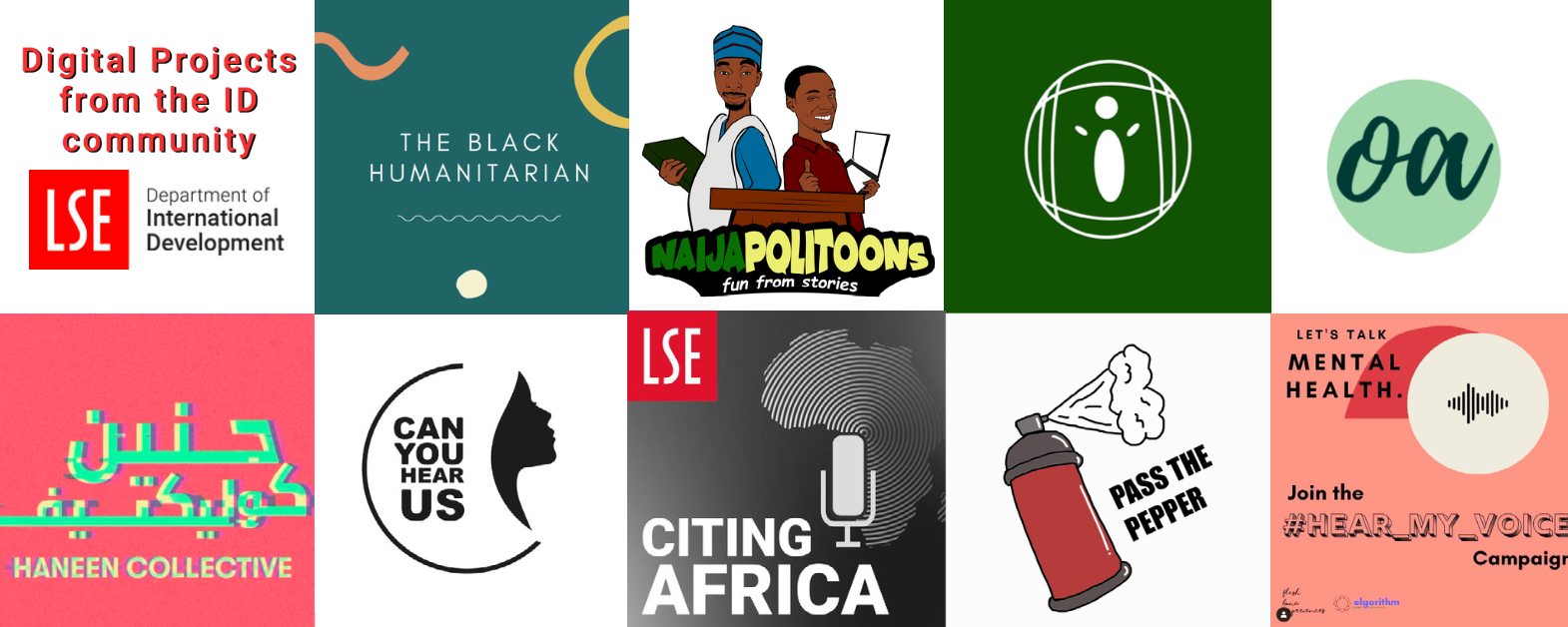As the world becomes increasingly intertwined, LSE’s Susan Poni Lado reflects on the role of mass media in spreading culture globally in a post originally published on the Africa at LSE blog (27 November 2015).
In an age of globalisation,– the culture of both people and mass media is fluid. We have the inclination to appropriate it, mis-appropriate it and dis-appropriate it all at once. But what of those who live in the bubble of third culture?
After reading We Need New Names by NoViolet Bulawayo – who presented a dystopian reflection of her time as a child in war-torn Zimbabwe, followed by an account about the rest of her formative years growing up in the USA and having to acclimatise to the culture while at the same time pulling at the memories and remembrances of her beloved Zimbabwe (which she playfully terms: paradise) – I was prompted, if not inspired, to reflect on how third culture kids (or TCKs) relate to the world and how the physics of social norms can create new cultures through norm proliferation made ever so easy through the zenith of social media.

Globalisation, more than anything else, informs how we think and feel about culture. Third culture kids (TCKs) are commonly defined as those children who have spent a large portion of their formative years in a culture(s) different to that of their parents. The third in third culture is given primary importance here.
More often than not, TCKs are asked the dreaded question: where are you from? Often, in the midst of the unplaceable cultural matrix, TCKs cannot respond to this question and it is highly likely that they will be recalling the numerous places in which they spent their formative years; only to have a sense of being and belonging everywhere and nowhere, all at once. To be a TCK is to adopt a third understanding of the way in which societies really are as opposed to dominant stereotypes. Research has shown that TCKs tend to have a higher cultural tolerance.Globalisation, more than anything else, informs how we think and feel about culture. Third culture kids (TCKs) are commonly defined as those children who have spent a large portion of their formative years in a culture(s) different to that of their parents. The third in third culture is given primary importance here.
The future is third culture. Perhaps with the advent of social media those who have never left their home countries, will slowly but surely, be third culture inclined, if not tolerant to the proliferation of local and global cultural assets through “high-brow” and “middle-brow” cultural assets such as foreign literature, comedy shows, movies and art. The transmission of norms is more potent than we allow ourselves to believe. Norm transmission and localisation have fundamental bearings on our choices and the way in which we relate to others. It informs a particular defiance against social injustice and negative preconceptions of others that do not or cannot identify with “us”.

Although socio-cultural norms are readily transpired, cultural ignorance and appropriation (or appreciation?) tend to divide and serve to perpetuate negative preconceived perceptions of the “other” in relation to “self”. The debate for global citizenship ought to consider the increasingly interconnected sinews of nuances, nexuses and intersections that inhabit the matrix of cultures washed in by the wave of mass media. It ought also to consider the ways in which we can measure, analyse and conceptualise culture in view of global citizenship.
It cannot be overstated that third culture is cultural capital. The rise of cosmopolitan tastes well beyond national boundaries brings our attention to new ways in which culture acts as capital. If being nowhere and everywhere at once is the norm, made ever so common through the rise of mass media, then surely the motion for global citizenship should not leave much to be desired.
Susan P Lado is a LSE PfAL Scholar and a Masters student.
Original post on the African at LSE blog can be found here.





